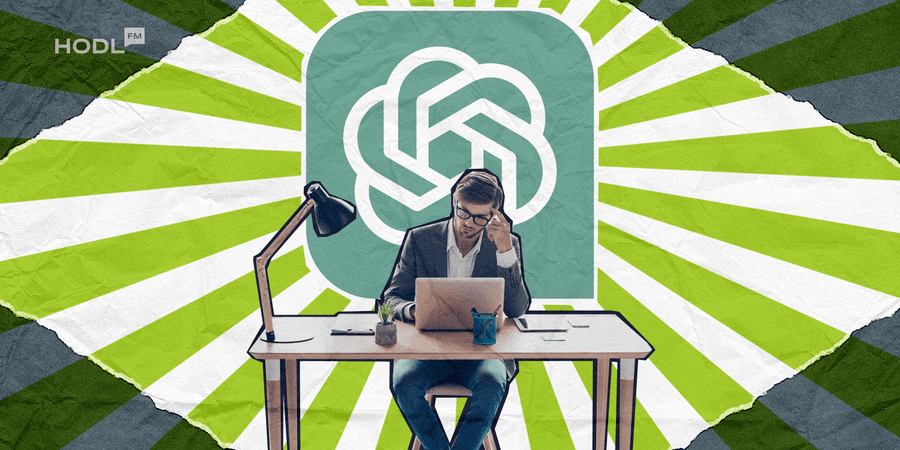OpenAI’s shiny new ChatGPT agent just dropped, and it’s here to revolutionize how you automate online tasks, like logging into websites, reading your emails, and even making reservations. Sounds like a dream, right? Well, not so fast. There’s a tiny hitch: this super-powered agent might put your personal data at risk. How? Say hello to prompt injection attacks.
Here’s the lowdown: When you link ChatGPT to your websites or enable its connectors, it can access sensitive stuff like your emails, files, and account info. That’s a whole lot of power. So much power, in fact, that the agent can take actions on your behalf, sharing files, tweaking account settings, and you name it. But don’t get too comfy, because that convenience comes with a side of vulnerability.
Prompt Injection
OpenAI warned us all about prompt injection attacks. It’s like social engineering on steroids: instead of injecting code, hackers inject hidden instructions that AI can’t see coming. The result? The agent might unwittingly take actions that could compromise your privacy, such as leaking your sensitive data or handing it over to a malicious server.
Just when you thought you could relax, the timeline for this feature got pushed from July 17 to July 24. But hey, at least it finally rolled out with a handy app update! The ChatGPT agent now interacts with Gmail, Google Drive, GitHub, and other services, making you feel more productive than ever. But the more tasks it takes on, the more security risks it introduces.

“Prompt injection is the sneaky sibling of command injection,” says Steven Walbroehl, the CTO of Halborn, a blockchain and AI cybersecurity firm. Unlike the old-school method, where hackers used precise code to break in, prompt injection thrives on exploiting the gray area of natural language. Good luck catching that one!
Walbroehl also warned that if malicious agents impersonate trustworthy ones, the game’s up. Even if you're using multi-factor authentication, it won’t help if the agent can grab those backup codes or log your keystrokes. Your password might as well be a sticky note under your keyboard. Want real protection? You might have to rely on biometrics, the only thing that can’t be hacked (yet).
OpenAI recommends using the “Takeover” feature when entering sensitive info. This lets you hit pause on the agent and regain control. And Walbroehl suggests a layered security approach, like using a watchdog agent to catch any weird behavior before it spirals out of control. Smart, right?

Disclaimer: All materials on this site are for informational purposes only. None of the material should be interpreted as investment advice. Please note that despite the nature of much of the material created and hosted on this website, HODL FM is not a financial reference resource, and the opinions of authors and other contributors are their own and should not be taken as financial advice. If you require advice. HODL FM strongly recommends contacting a qualified industry professional.





